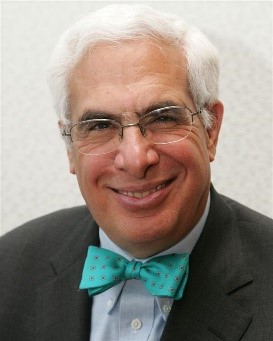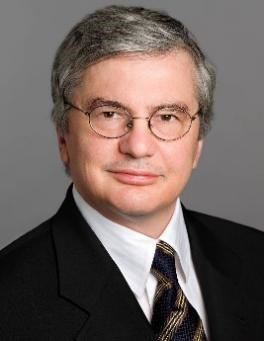Prince Mahidol Award
The Prince Mahidol Award Foundation was established by the royal permission of His Majesty King Bhumibol Adulyadej , in accordance with the proposal of Faculty of Medicine, Siriraj Hospital, in commemoration of the Centenary Birthday Anniversary of His Royal Highness Prince Mahidol of Songkla on January 1st, 1992. The Foundation was established in honour of His Royal Highness and in recognition of his exemplary contribution as “The Father of Modern Medicine and Public Health of Thailand.”
Prince Mahidol Award Laureate 2023
In the Field of Public Health

Barry H. Rumack, M.D.
Professor Emeritus of Pediatrics and Emergency Medicine,
University of Colorado School of Medicine / Emeritus Director of the Rocky Mountain
Poison and Drug Center, Colorado USA
Dr. Barry H. Rumack earned his Doctor of Medicine degree from the University of Wisconsin School of Medicine and Public Health, USA. His training included internship and residency in Pediatrics, fellowship in Clinical Pharmacology and Toxicology at the University of Colorado School of Medicine,USA. He is now the Professor Emeritus of Pediatrics and Emergency Medicine, University of Colorado School of Medicine, and Emeritus Director of Rocky Mountain Poison and Drug Center, Colorado, USA.
In 1973, Dr. Rumack undertook a clinical fellowship with Dr. Henry Matthew, MD at the Royal Infirmary of Edinburgh in Scotland. During this time, he became deeply interested in the pharmacologic and toxicologic characteristics of a commonly used drug, paracetamol whose toxicity is responsible for 40-70 percent of acute liver failure cases worldwide. Collaborating with Professor Matthew, he collected a crucial dataset comprising 34 cases of paracetamol overdose and combined it with 30 previously published cases. This collaboration resulted in the creation of the iconic Rumack–Matthews nomogram, published in 1975. This nomogram,
with its easy-to-understand graphs of paracetamol level, time after ingestion, and risk of liver toxicity, has allowed doctors all over the world to appropriately diagnose paracetamol toxicity. Through his study on the efficacy of N-acetylcysteine as its antidote, a treatment protocol was formed which became the global standard for managing paracetamol toxicity and led to a drastic reduction in liver failure from 54 percent to nearly 0 percent. Some version of this protocol is still used in emergency rooms all across the world today.
Over the past 4 decades, Dr. Rumack has continued to be an influential figure in the field of medical toxicology. He pioneered the use of Poisindex as a poison information database and heralded in the digital age for poison centers and hospitals throughout the world,
enhancing the efficiency and accuracy of poison information retrieval and provision. His work with paracetamol toxicity also continued, resulting in ever-improving and more individualized patient management. His passion for science, and his innovative spirit, combined with his unwavering commitment to deliver the best treatment possible for patients have helped save lives, improve treatment outcomes, and inspire countless physicians to strive for the betterment of their own patients.
Prince Mahidol Award Laureate 2023
In the Field of Medicine

Napoleone Ferrara, M.D.
Distinguished Professor of Ophthalmology and Pathology
Senior Deputy Director for Basic Sciences, Moores Cancer Center
School of Medicine, University of California San Diego
San Diego, California,
USA / Italy
Professor Napoleone Ferrara earned his M.D. from the University of Catania in Italy and completed an internship at Oregon Health & Science University, USA. During his postdoctoral fellowship at the University of California in the United States of America, Prof. Ferrara conducted a research in Reproductive Endocrinology and Cancer.
Prof. Ferrara discovered vascular endothelial growth factor (VEGF) and the identification and purification of VEGF as a potent mitogen specifically for vascular endothelial cells. His laboratory has conducted extensive researches into VEGF’s biochemistry, molecular biology, its receptors, and the mechanisms of VEGF-induced angiogenesis, particularly in normal and pathological conditions, such as cancer and age-related macular degeneration (AMD).
Prof. Ferrara’s research has resulted in the development of the anti-VEGF antibody, Bevacizumab, which is used in the treatment of highly vascularized and aggressive cancers.
His pioneer work included the development of the anti-VEGF Fab fragment known as Ranibizumab, and the scientific breakthrough has significantly improved the quality of life for many AMD patients, especially in an aging society.
The Laureate’s contributions to VEGF and anti-VEGF therapy have led to the worldwide use of anti-VEGF drugs and benefited millions of patients around the world.
